Who stands behind Z? (a hypothesis)
Invasion of Ukraine revolutionised the Russian symbolics introducing a new, previously unknown symbol Z. What does Z even mean? Neither Russians, nor foreigners have any idea. It is clearly a forced meme. And I have a guess on who forced it🧵
Invasion of Ukraine revolutionised the Russian symbolics introducing a new, previously unknown symbol Z. What does Z even mean? Neither Russians, nor foreigners have any idea. It is clearly a forced meme. And I have a guess on who forced it🧵

The choice of Z-letter looks weird. First, it doesn't look like anything Russian or Soviet propaganda used before, making it hard to understand. Second, it's not a Cyrillic, but a foreign looking Latin letter. Which makes its choice as a symbol for the "patriotic" war problematic 
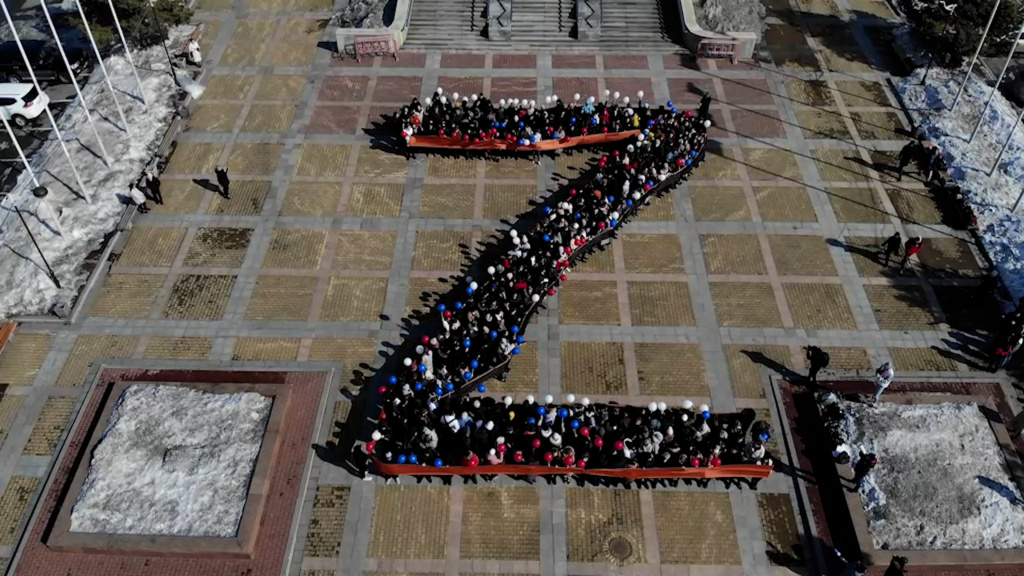
Unlike most European alphabets which are based on Latin, Russian alphabet evolved from the Greek, which makes it harder for Westerners to understand. Some of the Russian letters look alike their Western analogues - A, E, K, O, C, T. But Russian "З" (ze) looks nothing like "Z" 

In pretty much all of official propaganda slogans are written with normal Cyrillic letters. And only two letters - В and З are written in Latin as V and Z. Paradoxically, using this Latin letters instead of normal Cyrillic ones manifests loyalism and support of the war in Ukraine 

Changing Russian З and В letters to Latin Z and V, you shows your loyalism. Other letters don't have to be changed. That's why names of pro-Kremlin Telegram channels and chats now look as a weird mix of Cyrillic and Latin. If it was all in Cyrillic, it would be viewed as neutral 

From these two pro-war symbols Z and V the former is viewed as more "radical". That's how you track the gradual disillusionment in this war. Take this channel. It used to be called "Империя курильщика|Z". Very radical. Then radical Z changed to a moderate V. Now he deleted even V 

What does Z mean? Nobody quite understands. Some try to explain it as the first letter of the phrase "За победу" (For victory). But why do you need to replace a normal Russian З to a weird Latin Z which has almost no recognisable allusions to the Russian culture or narrative? 

So far I haven't found good explanations of what does Z mean. These analyses for example don't look sufficient. One points out to Z being a dynamic letter easy to paint. That's not wrong. Another calls it "dangerous". That's not wrong either. Still, it doesn't explain anything
Russians are just as puzzled by Z as Westerners. Watch Russian state TV trying to Zsplain to its audience. They admit that the choice of Latin letters Z and V is a "secret that preoccupies everyone". They admit it's a problem and try to link them to the ancient Cyrillic letters
We have a problematic symbol. It's completely ununderstandable and previously unknown. It's also Latin which makes it problematic in the context of a patriotic war against the West. And ofc it's forced down everyone's throats by the power of the state. Prisoners have no choice 

Mortally ill children from a hospice are made to form a Z-letter. When I posted this story the first time many considered it unbelievable, so I'll post a source. Unfortunately you can't judge news from Russia based on your "common sense". That doesn't work kommersant.ru/doc/5249130 

Regions and city administrations launched Z-actions all over the country. One typical move was lighting their windows in a way to form a Z-letter. Here you see a regional parliament of Arkhangelsk lighting its windows to form a Z-letter doing it. That's very typical behavior
Governor of the Kemerovo region in Siberia declared that the region which is often called "Кузбасс" will be now styled as "КуZбасс" in all its official materials. Like the Donbass, Kuzbass is a major coal mining region, hence the "bass", short form of bassein 

Забайкалье region to the east of the Baikal lake now styles itself as Zабайкалье in all official materials. As a general rule, regional elites show extreme compliance with the Z-propaganda, indicating that it is all a coordinated policy, and coordinated by Kremlin 

So what does Z mean? Nobody quite understands. Westerners don't and honestly speaking Russians don't either. So let's ask another question - where does it come from? Some argue that initially Z,V and others were simply signs on Russian vehicles and then were chosen as symbols 
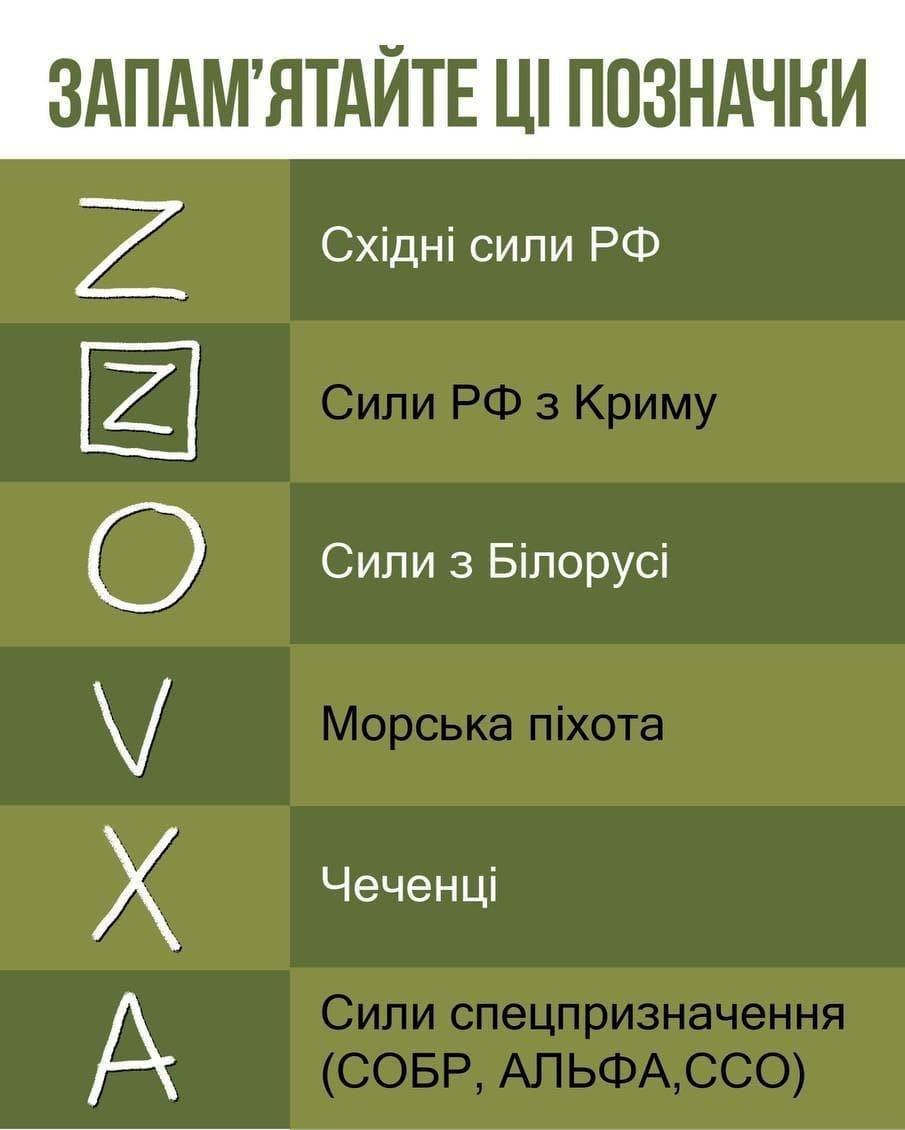
Sounds fair. And yet, the question remains - chosen by whom? The argument about Russian "people" or even "journalists" choosing it sounds very weak. No one who ever lived in Russia would believe in such BS. Russia doesn't allow *any* initiative from the bottom 

Consider a Russian nationalist Kholmogorov. He applied for a permit for a demonstration *in support* of the Russian army in Ukraine. Prosecutors issued him a warning which can very easily turn into a legal prosecution. No initiative from the bottom is allowed in the modern Russia 

It's insane to assume that in such a centralised, bottom-down country as Russia which extirpates any agency among its subjects, punishing them for every unsolicited activity however loyalist, such a massive campaign as Z could come from the bottom. Nope. It must come from the top 
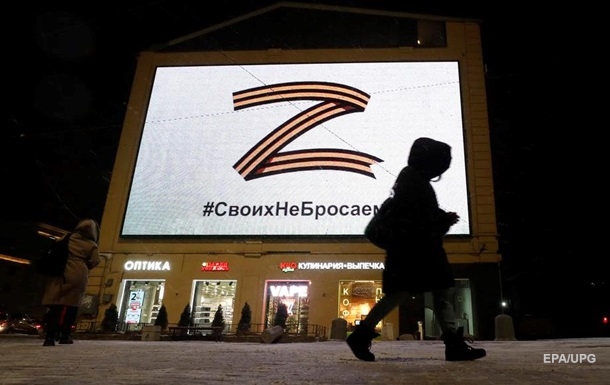
Nazism is now strongly associated with esotericism. That's not wrong. And yet, judging from primary sources it wasn't Hitler who pushed this agenda. It was primarily Himmler, who forced mysticism and occultism down everyone's throats with only a grudging agreement of Hitler 

Let's revise what we know of Z-symbol:
1) it's foreign
2) it's ununderstandable
3) it has no references in the Russian culture and tradition *
* The only exception I'm aware of is Brodsky's poem "A letter to General Z, criticising the Soviet invasion of Czechoslovakia in 1968
1) it's foreign
2) it's ununderstandable
3) it has no references in the Russian culture and tradition *
* The only exception I'm aware of is Brodsky's poem "A letter to General Z, criticising the Soviet invasion of Czechoslovakia in 1968

What can we assume about the person who chose and forced Z as the symbol of invasion?
1) creative and unafraid to experiment with ideology and symbolics
2) markedly high-brow. He probably views himself as a big intellectual
3) has strong propensity to occultism and esotericism
1) creative and unafraid to experiment with ideology and symbolics
2) markedly high-brow. He probably views himself as a big intellectual
3) has strong propensity to occultism and esotericism

Even more importantly, Z-author must be a personal "friend" (= member of the closest circle) of Putin. Since all the authority in Russia is personified in the Tsar, the person who pushed Z must have a direct access to and influence on the Tsar 
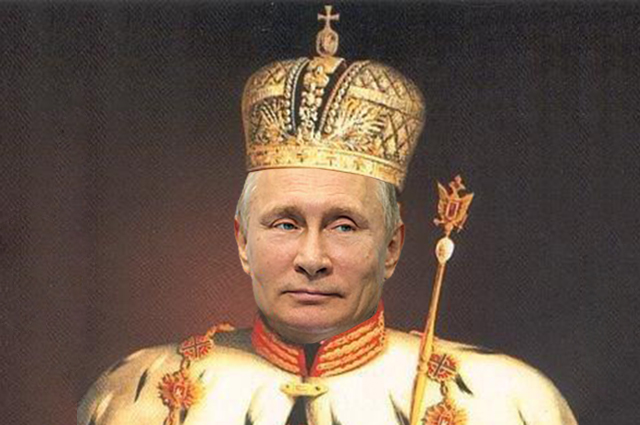
Finally, a quick and most importantly *creative* compliance of regional elites indicates that Z-enforcer is directly involved into the domestic policy-making. Governors don't just comply (that's easy). They also understand what he wants. That's much more difficult to execute 
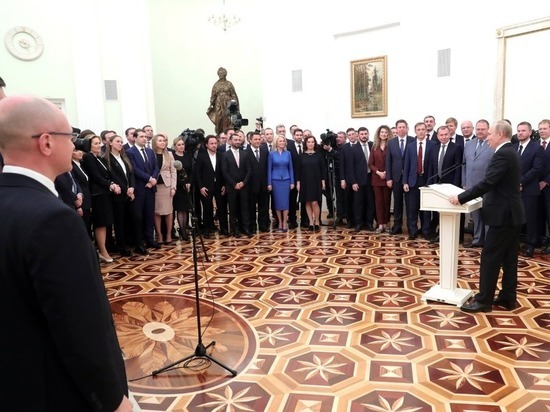
We don't have enough evidence to determine who is the author of Z-symbol. But we know just enough to make an educated guess. Most probably, it's the Russian Czar for Domestic Policy, a person who teaches, selects and guides Russian governors. So, Sergey Kirienko. End of 🧵 

• • •
Missing some Tweet in this thread? You can try to
force a refresh





